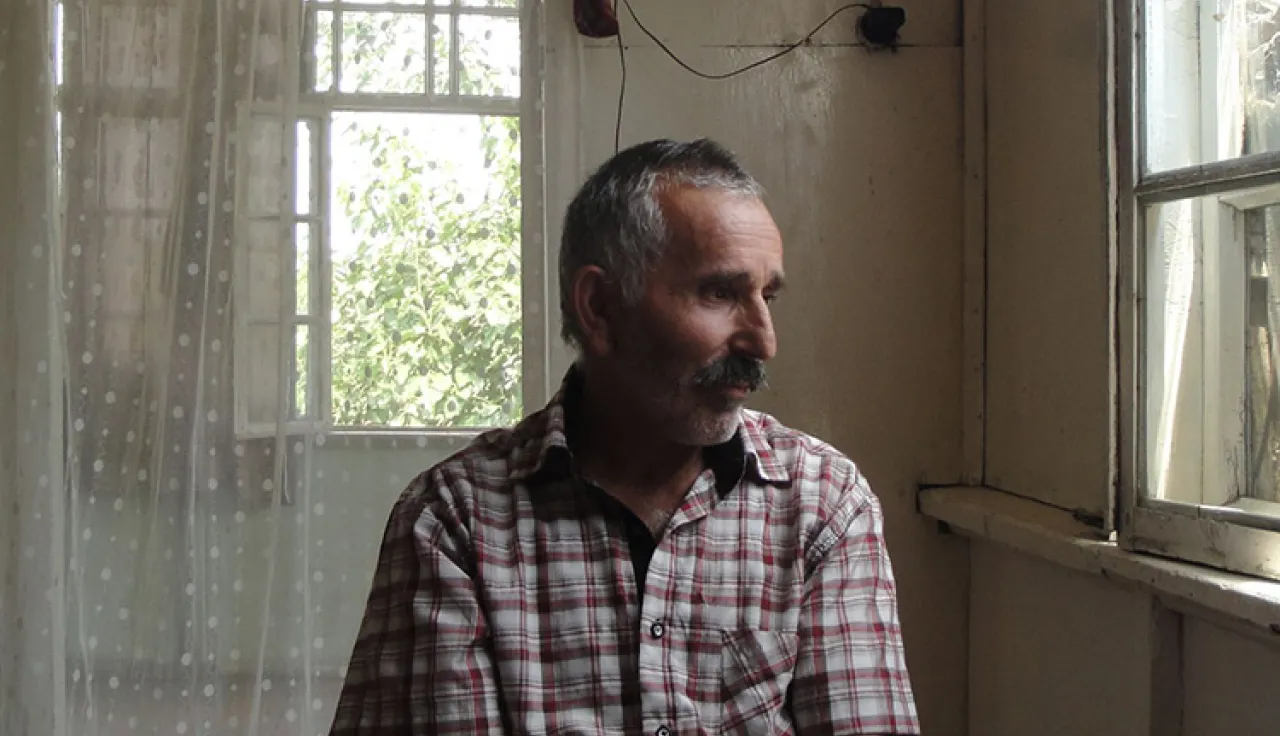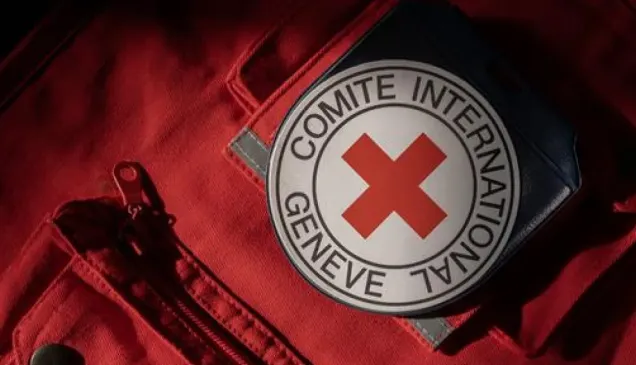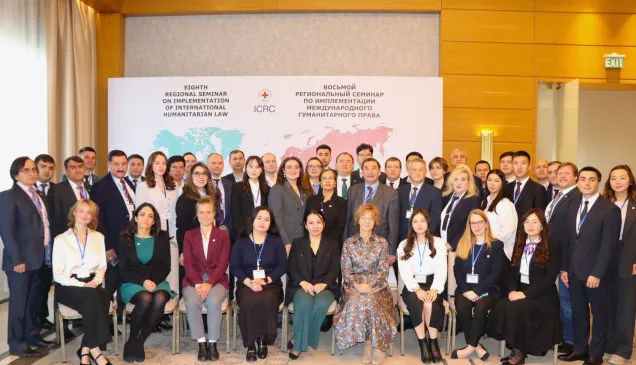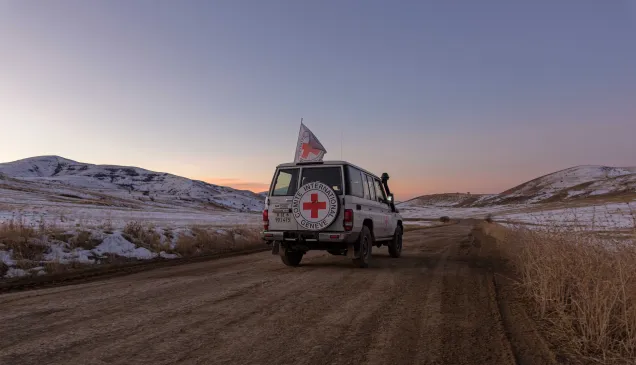Nagorny Karabakh: Longing grows with the passage of time

Alyesha Baghryan was 33 when his wife Stella went missing in August 1993 together with a group of five other people from their village in Nagorny Karabakh. Alyesha and Stella had three children who were 5, 6 and 7 at that time.
"The very minute when I realized that my wife would not be back soon or even would not be back at all, I decided that I should be both a mother and a father for my children. I never wanted to bring another woman to my house, since I knew she would not be able to treat my children the way their mother would have," said Alyesha.
When Stella went missing, Alyesha's mother helped him a great deal with looking after the children. When she passed away in 1997, Alyesha's children felt like they were losing their mother for the second time.
"Everyone, including my father, was so kind to us but no one could replace our mother. Only my grandmother managed to do so. Since my childhood, I have always had an indescribable pain in the chest. The worst thing about this pain is that the more you grow up, the stronger it gets. The fact that you have no mother and there is no idea of what has happened to her really kills," Alyesha's daughter explained.
Today Alyesha lives with his son; his two daughters have got married. Their only income comes from breeding cattle.
In 2011, as part of the ICRC's microeconomic initiative assistance programme for the families of missing people, the family received a cow with a calf.
Now that all the children have grown up, the problems Aleshya faced in raising them alone are long past. However, there is still one question that haunts Alyesha's family: what happened to their wife and mother?
Alyesha said, "I have fully devoted my life to my children and have never regretted it. I have done the best I could: they were well fed and dressed. Nevertheless, I have never been able to replace their mother, even for a minute. They say that a child becomes an orphan not with the loss of the father, but with the loss of the mother. I feel so sad for my children who did not have a chance to enjoy their mother's love and care."
Using DNA samples to identify human remains
In June 2015, the ICRC Mission in Nagorny Karabakh launched a project to collect biological reference samples (buccal swabs) from the biological relatives of missing persons and subject them to DNA analysis. This process has been taking place across the region affected by the conflict in Nagorny Karabakh. Once it is complete, it should greatly help in the effort to identify human remains in places where people were buried during the conflict.



